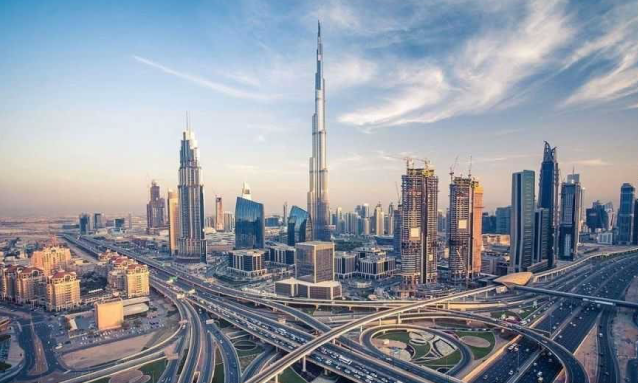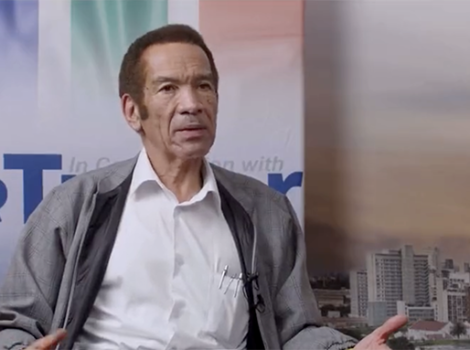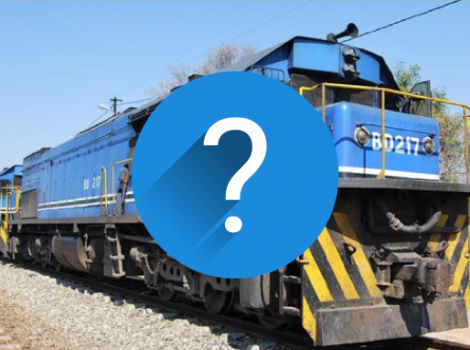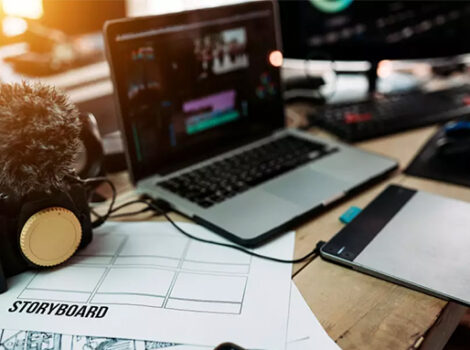
“Democracy, like a little plant, does not grow or develop on its own. It must be nursed and nurtured if it is to grow and flourish. It must be believed in and practised if it is to be appreciated. And it must be fought for and defended if it is to survive”. – Seretse Khama, the first president of Botswana.
Botswana is an inland country bordered by South Africa, Namibia and Zimbabwe, mostly dominated by the rigid Kalahari Desert, covering 70 percent of the country’s total land area. Water is so valued in Botswana that their currency is called the “pula”, which means “rain” or “blessing” in Setswana. The country is the size of France, but has an estimated population of 2.3million, according to the UN (2018), compared to France’s 66.9million.
Botswana is among some of the least densely populated countries in the world, but it has managed to grow its economy at an average 5 percent a year, putting it among some of the fastest-growing economies in the world. Gross Domestic Product (GDP) growth accelerated to 4.4percent in 2018 and the country had an estimated GDP of $17.41billion (R248 bn) in the same year. This was due to inclusive innovation and operational efficiency within key sectors like mining, resulting in the small country managing to stand out as a model of a successful African tale.
Botswana is dependent on diamond exports and was the world’s third-largest diamond producer in 2016. However, its reliance on commodities renders it vulnerable to international market fluctuations and hence erratic economic growth. Botswana’s political and corporate governance culture has made the country the investors’ destination of choice, which can be seen in its stable and upper-medium grade credit rating, according to Moody’s.
The country’s leadership from father to son Ian Khama, the former president of the country, had the same values as the current President Mokgweetsi Masisi in promoting democracy and justice while at the same time promoting fast sustainable economic growth.
Botswana has the same potential that Dubai had back in time to become the utopia of the region and continent, the energy revolution can start there and spread in areas that have not been imagined by taking advantage of the ability to put resources to good use. The leadership is constantly trying to better the lifestyle of its citizens and has grown its GDP per capita from $83.73 in 1966 (their year of Independence) to $7595.6 in 2018.
The country has achieved this through fiscal discipline and sound governance, which has seen the country transform from one of the poorest, low-income countries to a middle-income country. However, poverty and high levels of income inequality still persist.
Although poverty has come down to 16 percent, some 30 percent of the population remain just above the poverty line and are vulnerable to a range of shocks. Botswana’s level of income inequality remains one of the world’s highest with a Gini coefficient of 0.52.
On the Neil economic scale, a can of Coke costs 10.67 Pula (R14.07) and a litre of petrol 9.06 Pula (R11.95). The cost of living in Botswana is 9.96 percent lower than in South Africa. This country of diamonds, coal and great wildlife security can rise above all nations to be our African Dubai. Neil de Beer is the president of the IFA and advises numerous African states on economic development.
Source: iol.co.za / www.ifa.africa or neil@ifa.africa



